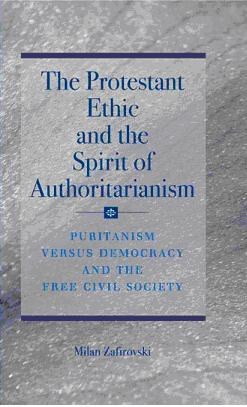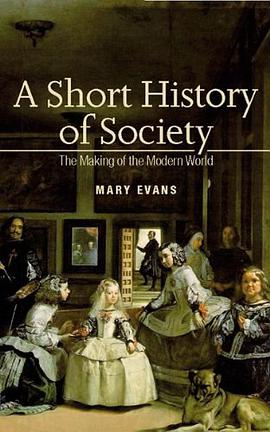
具体描述
Sangre llama a sangre (Blood cries out to blood) - Latin American aphorism. The common 'blood' of a people - that imperceptible flow that binds neighbour to neighbour and generation to generation - derives much of its strength from cultural memory. Cultural memories are those transformative historical experiences that define a culture, even as time passes and it adapts to new influences. For oppressed peoples, cultural memory engenders the spirit of resistance; not surprisingly, some of its most powerful incarnations are rooted in religion. In this interdisciplinary examination, Jeanette Rodriguez and Ted Fortier explore how four such forms of cultural memory have preserved the spirit of a particular people."Cultural Memory" is not a comparative work, but it is a multicultural one, with four distinct case studies: the image of Our Lady of Guadalupe and the devotion it inspires among Mexican Americans; the role of secrecy and ceremony among the Yaqui Indians of Arizona; the evolving narrative of Archbishop Oscar Romero of San Salvador as transmitted through the church of the poor and the martyrs; and, the syncretism of Catholic Tzeltal Mayans of Chiapas, Mexico. In each case, the authors' religious credentials eased the resistance encountered by social scientists and other researchers. The result is a landmark work in cultural studies, a conversation between a liberation theologian and a cultural anthropologist on the religious nature of cultural memory and the power it brings to those who wield it.
作者简介
目录信息
读后感
评分
评分
评分
评分
用户评价
相关图书
本站所有内容均为互联网搜索引擎提供的公开搜索信息,本站不存储任何数据与内容,任何内容与数据均与本站无关,如有需要请联系相关搜索引擎包括但不限于百度,google,bing,sogou 等
© 2026 qciss.net All Rights Reserved. 小哈图书下载中心 版权所有




















